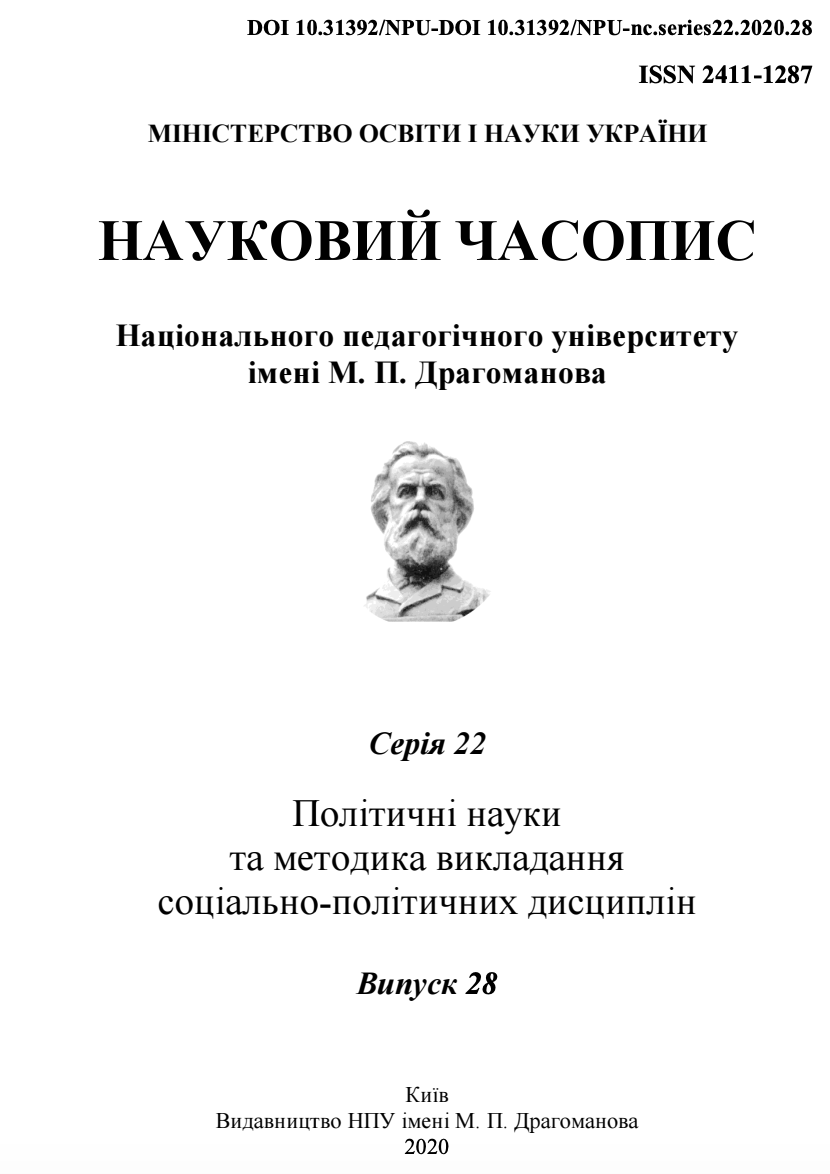Formation Of The Political Responsibility Institute Of The Head Of State In The Arabian Monarchies
Keywords:
political responsibility, political responsibility institute of the head of state, forms of political responsibility of the head of state, political transformationAbstract
The article described constitutional recognition of the inviolability and irresponsibility of the head of state in Arabian monarchies such as Bahrain, Qatar, Kuwait, United Arab Emirates, Oman and Saudi Arabia. Revealed forms of political responsibility, which constitutionally recognized in above-mentioned countries, such as parliament’s rejection of a monarch’s legislative initiative, legislature’s overcoming of a monarch’s veto, repeal of the monarch’s law decree, rejection of the head of state initiative which submitted to referendum etc. Found a way to identify the fictitiousness or reality of the possibility of realizing one or another form of the head of state political responsibility, depending on other constitutional circumstances, such as monarch’s right to dissolve the parliament and the ability to influence the formation of the deputy corps. Also analyzed the political practice of each researching monarchy for the subject of realizing by the head of state an exact right, such as vetoing a law draft, and the onset of his political responsibility. Took into account such factors as the opposition presence in the parliament, sharpness of political struggle and political situation. It has been found that in Oman and Saudi Arabia there is no institution of political responsibility of the head of state. In Bahrain, Qatar, Kuwait and the United Arab Emirates it is fictitious or hypothetical, because other constitutional circumstances and political practice indicate impossibility of realizing of exact form of monarch political responsibility, or examples of application are absent in the political practice of the analyzing monarchies, or specific form of political responsibility acts as a tool for keeping consensus. It is justified that such elements of the monarch’s constitutional status as inviolability and irresponsibility are not absolute for all existing monarchies.

